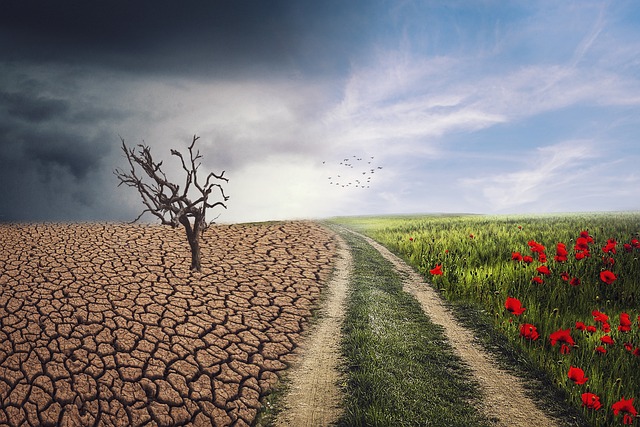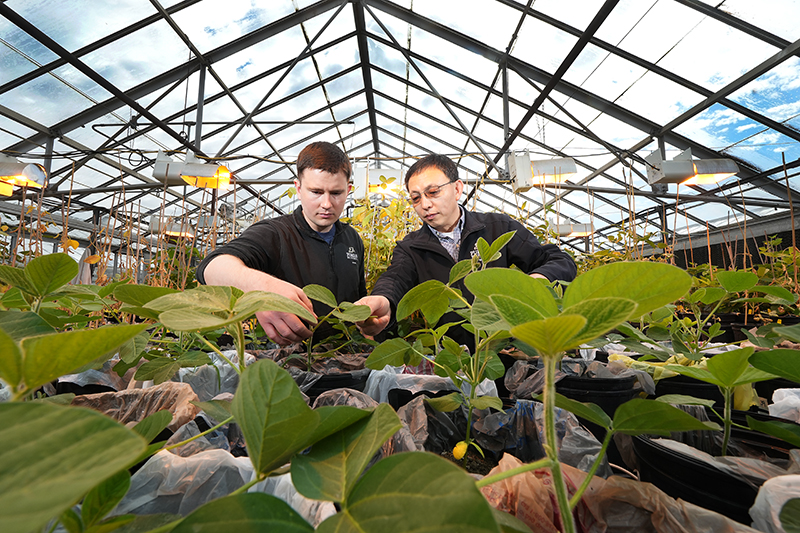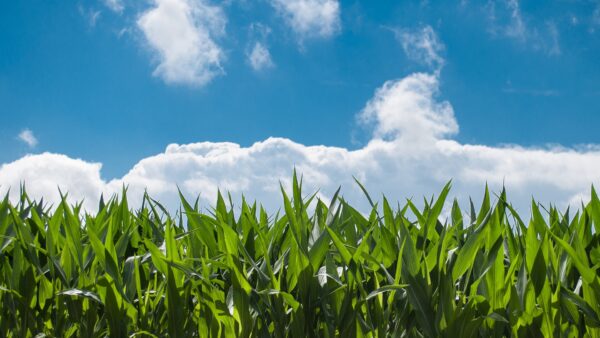We all need to eat, but the impact of the climate crisis on crops is putting the world’s food supply at risk. Modern crops, domesticated for high yields and ease of harvesting, lack the genetic resources to respond to the climate crisis. Significant environmental stresses are reducing food production, driving supplies down and prices up, according to a press release from the peer-reviewed publication Frontiers. With no way to sustainably expand agricultural land, the solution is to change our crops — this time to adapt them to the world we’ve altered.
“Agriculture is highly vulnerable to climate change, and the intensity and frequency of extreme events is only going to increase,” said Prof Sergey Shabala of the University of Western Australia, lead author of the article in Frontiers in Science. “Both sustainable agricultural production and global food security will be critically dependent on our ability to create climate-resilient crops.”
Our agricultural system has long relied on fertilizers and monocultures to meet global food demand, but this approach is unsustainable. Fertilizer use harms the environment both during production and application. Meanwhile, climate change is further reducing yields of essential crops, exacerbating food production challenges.
The release notes that even if droughts don’t kill plants, high temperatures lower the yield. To overcome this, farmers irrigate their crops — but irrigation water usually has a high salt content, because freshwater is too much in demand. This raises the salinity of the soil, which lowers the yield of most crops that grow in it. Finally, flooding caused by extreme weather events leaves plants standing in water, creating hypoxic conditions that stop plants absorbing oxygen through their roots. This also lowers the yield of most plants.
Shabala and Prof. Michael Palmgren propose two options for improving crop resilience. First, genes for stress resistance could be added to high-yield crops, though this is complex due to the many genes involved. Second, wild plants resistant to environmental stress could be domesticated, but their lower yields pose challenges for large-scale food production. Both approaches face difficulties but offer potential solutions for future crop sustainability.
It’s too early at this point to know which strategy will succeed, the scientists say. However, the same critical elements are essential to the success of both: innovative gene-editing and other precision breeding technologies driven by accurate cell-based phenotyping and public acceptance of the new crops.
“One of the current challenges is to match recent scientific advances with public perception of new technologies,” cautioned Shabala. “The issue is highly politicized and there are significant commercial interests involved. And due to a lack of specific knowledge, the general public cannot distinguish the subtle differences amongst various technologies, and relies on opinions in the media.”













